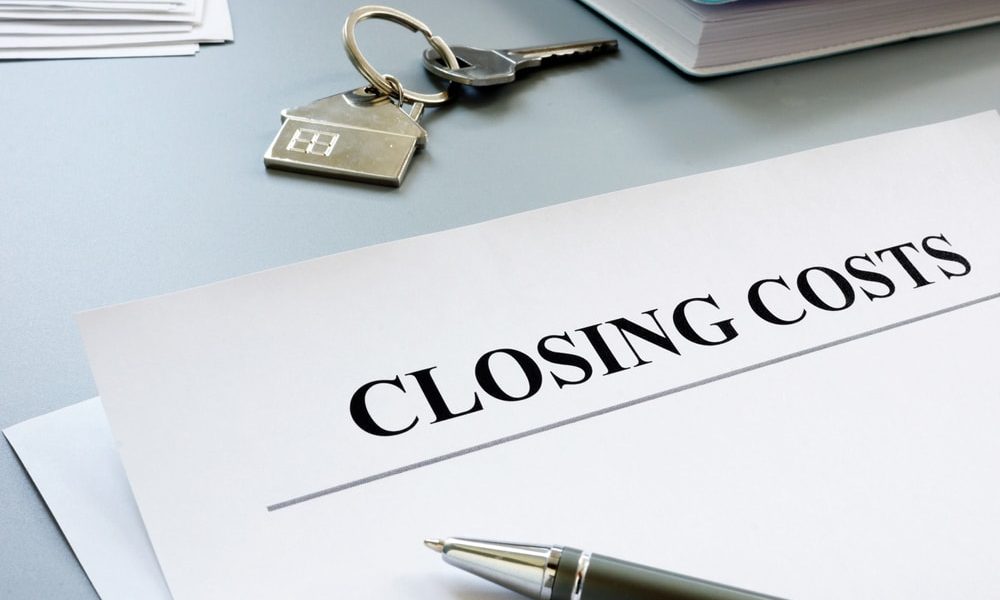The last, and arguably most important, step in the home buying process is the closing disclosure review. And if there is one document worth having a Fl Real Estate lawyer look over, it’s the closing disclosure. It specifies the final loan terms and exact costs for your real estate transaction. Reviewing it is the final stage in verifying that all information is correct and meets your approval before closing.
What is a Closing Disclosure?
The closing disclosure is a five-page document that lists the final terms of the mortgage agreement for the purchase of real estate. When you started the loan application process, you received and agreed to a pre-approval containing a general range of fees, such as the amount you need to borrow and the estimated closing costs. The disclosure document is the tally of your loan amount, closing costs, and other fees. It lists the exact amounts you will be expected to pay.
Closing Disclosure vs Loan Estimate: What’s the Difference?
A closing disclosure and a loan estimate are not the same thing. A loan estimate is just that, an estimate. It is an educated guess about the loan terms for which you qualify, based on the information you provided when you applied for the loan. A closing disclosure is the finalized version of the loan estimate.
Why Is This Important?
The closing disclosure review is your final opportunity assess your loan terms and make sure you’re comfortable entering into the agreement, and that the actual money to be borrowed reflects what you understand was agreed on and anticipated. It holds the lender accountable, ensuring they were accurate and honest in their initial quotes. If anything on this document is incorrect, you have the right to correct it.
Lenders are required by federal law to provide you with a closing disclosure at least three business days before the closing. This gives you time to review the document, preferably with the attorney who constructed your contract, and correct any mistakes. If the terms are different from those that were originally agreed upon, it is your right and responsibility to speak up.
Document Parts Critical for Review
While all information included should be proofread such as the spelling of your name and accuracy of your address, the more critical areas to review include:
- Loan information. Verification of the loan type, terms, amount, and interest rate are what you agreed to initially.
- Total monthly payment. The accuracy of your principal and interest payments as well as mortgage insurance needs to be reviewed.
- Costs due at closing. Itemizations and calculations need to be checked. If the closing costs or interest rate have changed it might be that an interest rate wasn’t locked in when you submitted your final application, your credit scores changed, or the home appraised for less than the sale price. You need to understand these differences and make sure that you are OK with them.
- Escrow account. Make sure your loan has an escrow account if you agreed to one and that the costs listed are all-inclusive and accurate; or make sure the reasons for not establishing an escrow account are identified as required.
Not Every Fee You Were Quoted Remains the Same
There are two types of costs associated with a closing disclosure, costs that can’t change after you sign the document and costs that can change after it is signed. The costs that can’t change include things like origination fees, appraisals, your credit report, and tax monitoring.
The rest of the fees associated with a closing are of two types: those that can increase by 10% and those that can increase by an unlimited amount. Fees limited to a 10% increase include things like recording fees, title insurance, and title search, among others.
The fees that can increase by an unlimited amount include your homeowners insurance, property taxes, prepaid interest, HOA fees, and home warranties. This makes sense, as these fees come from third parties and are outside of the mortgage lender’s control.
Most Common Closing Disclosure Errors
According to CliftonLarsonAllen, the eighth largest accountancy firm in the United States, the most common types of errors with closing disclosures include:
- Disclosure of fees paid to third parties such as document preparation fees, Mortgage Electronic Registration Systems registration fees, or IRS tax transcript fees
- Amount Financed calculation omitting unidentified finance charges
- Omission of disposition specifics for Assumption, Demand Feature, Negative Amortization, and Partial Payments
- Incomplete contact information for the Lender or Settlement Agent
Put Legal Eyes On Your Legal Documents
The closing disclosure is a complex legal document and a qualified and experienced Fla real estate lawyer is your best bet to protect your estate against inadvertent omissions, inaccuracies or misrepresentations that not only could put you in noncompliance with the newer guidelines, for example those enforced by the Consumer Financial Protection Bureau (CFPB), but could also cost you substantially in terms of both your immediate fees due and your ongoing financial obligations throughout the life of your loan.
Contact Florida Bar Board-Certified Attorneys David E. Klein, Esq. and Guy Rabideau at Rabideauklein.com. They have the expertise and experience you need to ensure that your interests are protected throughout your real estate transactions in the Town of Palm Beach, across the Palm Beaches and throughout Florida. Contact Rabideau Klein today to discuss the legal implications of your Florida property transactions.

